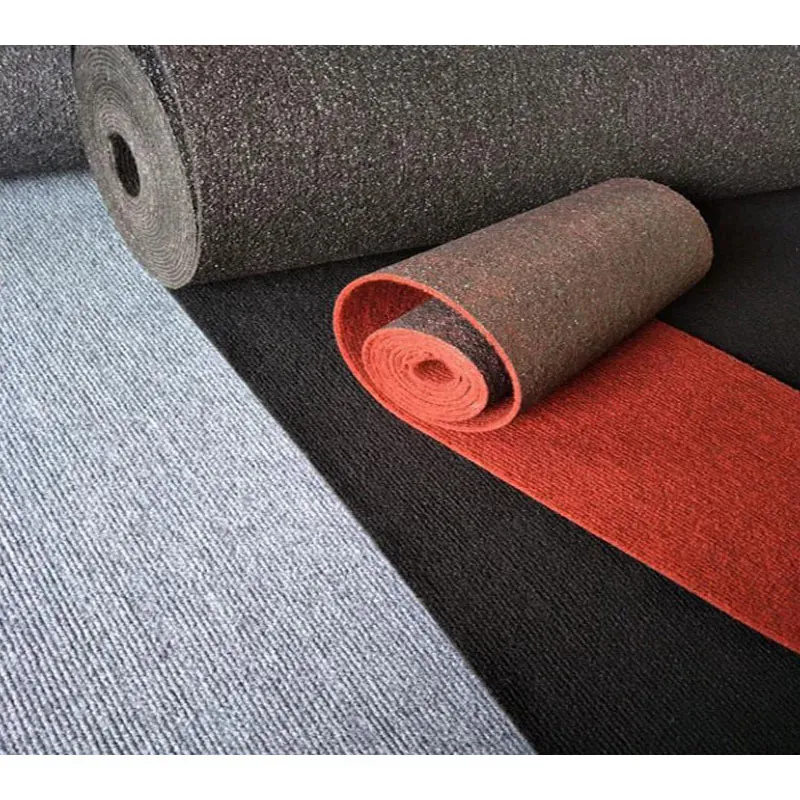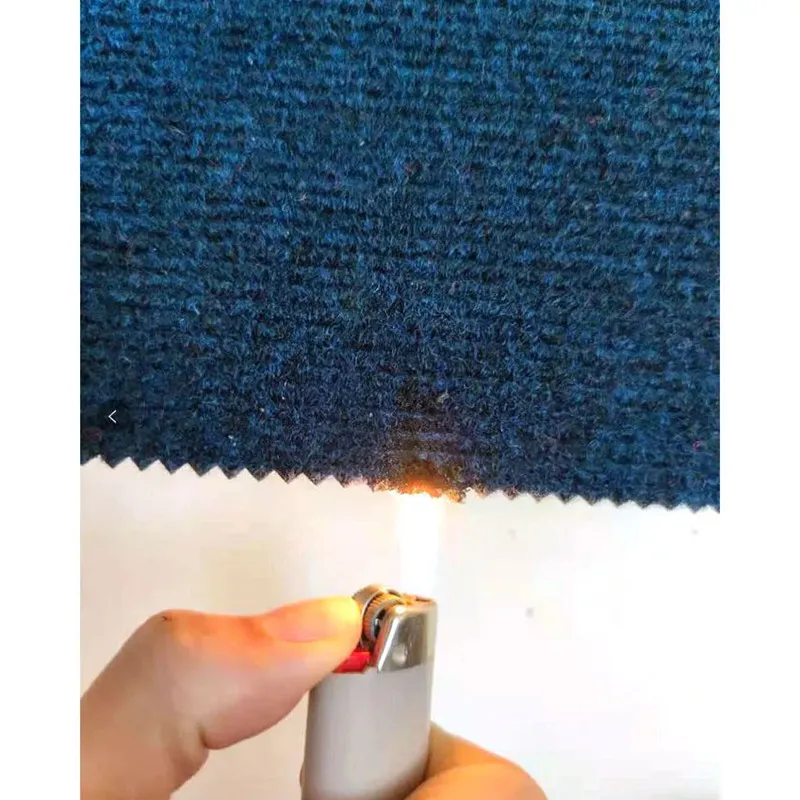Call Us
+86-15192680619
Email Us
info@qdboss.cn
It is necessary to understand how to buy acoustic panels
2021-02-24
Many families now choose acoustic panels with sound insulation as a priority when decorating their houses. Indeed, sound-absorbing board is an ideal sound-absorbing decorative material, which is a decorative board with sound-absorbing function made on the basis of ordinary high-density fiberboard. Acoustic board is a very convenient material in decoration, which can isolate most of the external noise. To a certain extent, it can provide us with a better living environment, which can meet the decoration requirements of different styles and levels. So before operating the wall sound-absorbing panel construction process, how should we choose?
1. Check whether there is a test report on the performance of the acoustic panel
In theory, any material has sound insulation performance, even a thin piece of printing paper can sound insulation. Therefore, many of the materials on the market are originally very ordinary materials, which manufacturers call sound-absorbing panels, including gypsum board, magnesium board, and silicon. Calcium acid boards, wood boards, etc., make consumers easily deceived. One of the most important principles for selecting sound-absorbing panels: whether this sound-absorbing panel has an authoritative test report.
Secondly, pay attention to whether the acoustic panels sold by the manufacturer and the samples sent for inspection are the same product. If the samples submitted for inspection are thickened, heavier, use different materials or undergo special treatment, and the actual samples sold are different products, the products sold will obviously not reach the sound insulation value indicated in the test report. From this aspect, consumers should pay attention to distinguish the qualifications, credit and goodwill of manufacturers, and avoid being deceived as much as possible.

2. See whether the installation of the acoustic panel is simple.
In order to achieve a good sound insulation effect, the installation method of the acoustic panel must be very simple, otherwise it is difficult to achieve the ideal sound insulation effect. Professional acoustic engineers know that if a wall can be soundproofed by X decibels in the laboratory, it can only be soundproofed by X-2 decibels in actual engineering, or even lower.
There are two main reasons why the sound insulation value of the wall in the actual project is lower than the laboratory test value: including the lateral sound transmission problem in the actual project, and the installation quality of the wall panel in the actual project is not as good as the installation quality of the professional in the laboratory. of. Therefore, the installation of sound-absorbing panels must be simple, otherwise the installation personnel on site will definitely make mistakes, resulting in the sound insulation value of the wall not reaching the sound insulation target.
1. Check whether there is a test report on the performance of the acoustic panel
In theory, any material has sound insulation performance, even a thin piece of printing paper can sound insulation. Therefore, many of the materials on the market are originally very ordinary materials, which manufacturers call sound-absorbing panels, including gypsum board, magnesium board, and silicon. Calcium acid boards, wood boards, etc., make consumers easily deceived. One of the most important principles for selecting sound-absorbing panels: whether this sound-absorbing panel has an authoritative test report.
Secondly, pay attention to whether the acoustic panels sold by the manufacturer and the samples sent for inspection are the same product. If the samples submitted for inspection are thickened, heavier, use different materials or undergo special treatment, and the actual samples sold are different products, the products sold will obviously not reach the sound insulation value indicated in the test report. From this aspect, consumers should pay attention to distinguish the qualifications, credit and goodwill of manufacturers, and avoid being deceived as much as possible.

2. See whether the installation of the acoustic panel is simple.
In order to achieve a good sound insulation effect, the installation method of the acoustic panel must be very simple, otherwise it is difficult to achieve the ideal sound insulation effect. Professional acoustic engineers know that if a wall can be soundproofed by X decibels in the laboratory, it can only be soundproofed by X-2 decibels in actual engineering, or even lower.
There are two main reasons why the sound insulation value of the wall in the actual project is lower than the laboratory test value: including the lateral sound transmission problem in the actual project, and the installation quality of the wall panel in the actual project is not as good as the installation quality of the professional in the laboratory. of. Therefore, the installation of sound-absorbing panels must be simple, otherwise the installation personnel on site will definitely make mistakes, resulting in the sound insulation value of the wall not reaching the sound insulation target.
Previous:2020.1 India Business Trip
X
We use cookies to offer you a better browsing experience, analyze site traffic and personalize content. By using this site, you agree to our use of cookies.
Privacy Policy
























































